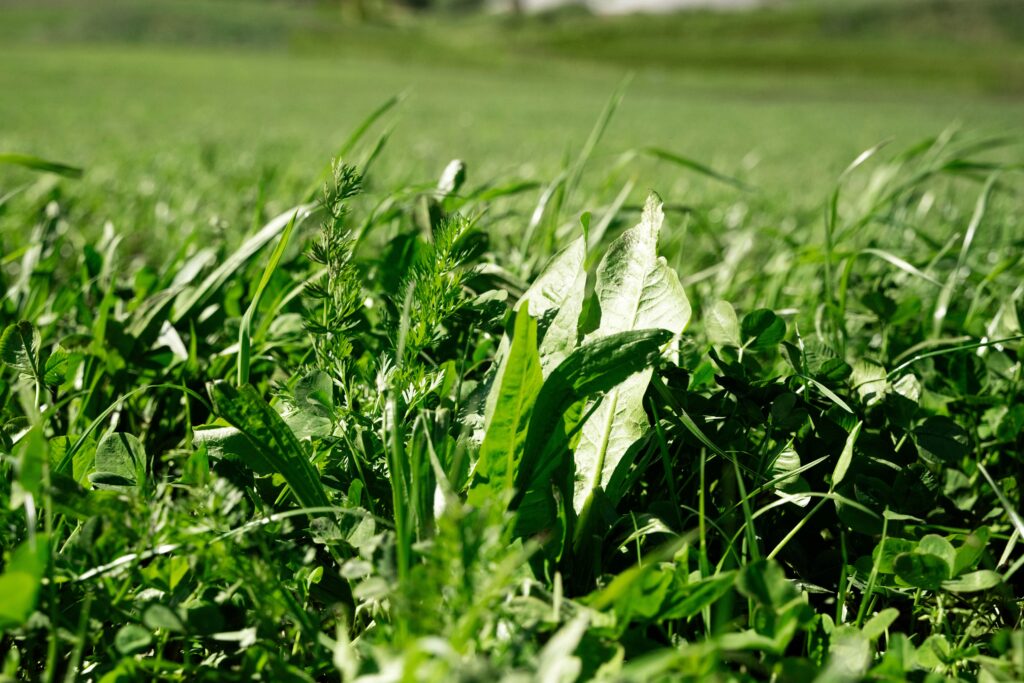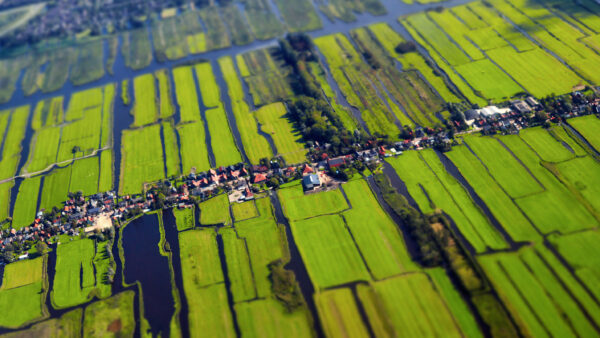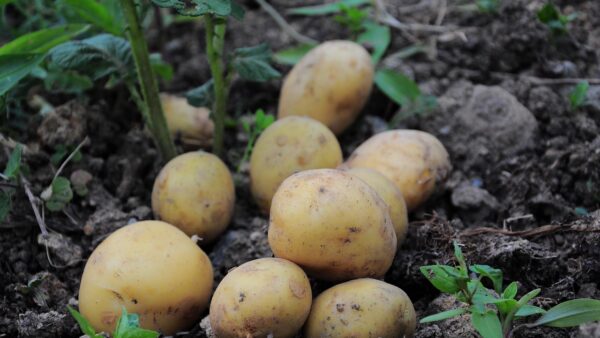Healthy soil is the foundation of successful forage production, providing the essential nutrients, structure, and resilience needed for crops to thrive. Promoting soil health requires adopting effective practices that enhance key factors such as aeration, organic matter content, and proper drainage. Among the five core principles of soil health, “Soil Armor” plays a vital role by protecting soil from harsh weather conditions like wind and rain — protection that can be achieved through the strategic use of cover crops.
Cover crops are vital for safeguarding and regenerating soil health, aligning with the principles of Regenerative Agriculture. This progressive farming approach emphasizes harmonizing with natural systems to sustain ecosystems while maximizing productivity. Cover crops offer a wide range of benefits, including increasing organic matter, enhancing biological activity, improving soil structure, and fostering erosion control. Certain species of cover crops also fix nitrogen, making it readily available for plants, while others scavenge residual nutrients, preventing leaching into waterways. Incorporating these practices transforms farming into an eco-friendly endeavour, steering away from methods that deplete soil quality and biodiversity.
Solutions like over-winter crops and custom seed mixtures tailored by the seed industry are particularly effective in addressing the challenges posed by shifting environmental and climatic conditions. These mixtures are designed to meet specific farming goals and soil needs, such as enhancing nutrient retention or improving water infiltration. By capturing nutrients like nitrogen and fostering robust soil health, these options offer a sustainable alternative to conventional, extractive farming techniques.
Beyond their agronomic advantages, cover crops contribute to environmental sustainability by mitigating soil erosion, reducing runoff, and enhancing carbon sequestration. Their adoption also aligns with global initiatives to combat climate change and promote biodiversity. Farmers who embrace these practices may also access financial incentives, such as the UK’s Countryside Stewardship and Sustainable Farming Incentive schemes, adding economic benefits to ecological gains.
As pressures on forage production grow, seed companies are stepping up to meet the demand for innovative solutions. By developing and distributing resilient varieties capable of thriving in dynamic, evolving conditions, these companies ensure that agriculture can adapt to changing landscapes while preserving natural resources. Cover crops are proving to be an indispensable tool for fostering sustainable farming and protecting the ecosystems on which we all depend.







